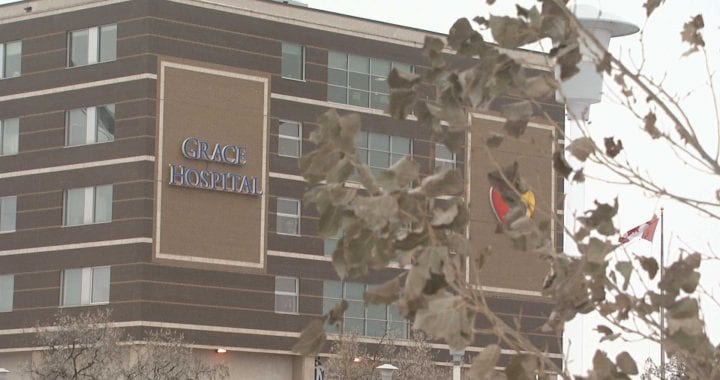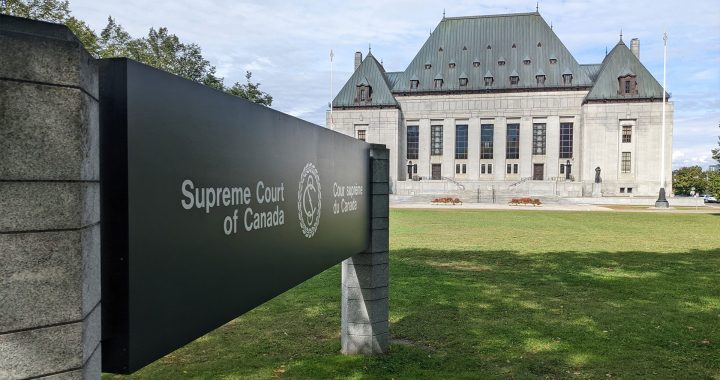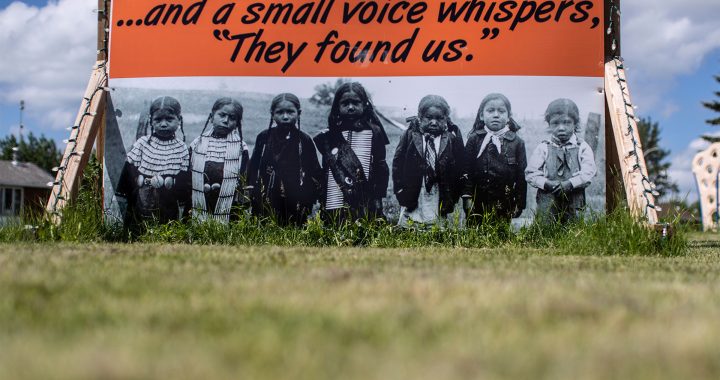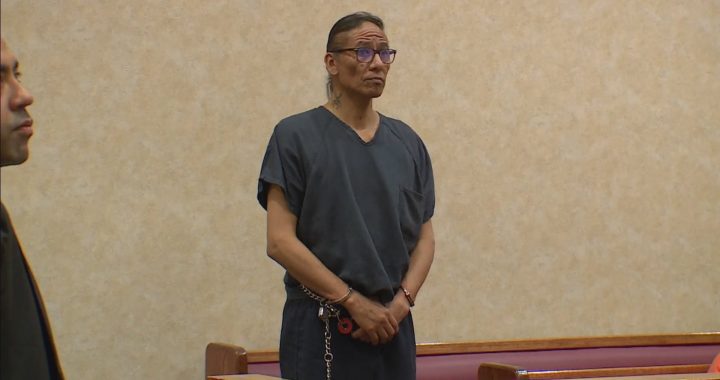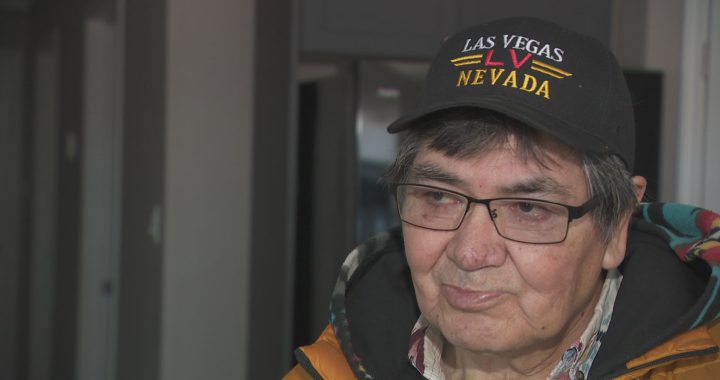Justin Brake
APTN News
The national inquiry hearings into missing and murdered Indigenous women and girls concluded Wednesday in Moncton with more testimonies from families in search of answers.
Barbara Bernard of Abegweit First Nation on P.E.I. shared the story of her mother’s disappearance decades ago.
Mary Francis Paul went out on evening and never come home.
Days later her body was found stuffed in an oil drum, with a broken neck.
Bernard, who had her own baby at the time, said she doesn’t recall much after hearing the news — until the day she buried her mother.
“I remember a social worker coming up to me at the graveyard asking me, what am I going to do with my baby? And it hurt so bad, because they had already took my brothers and sisters,” said Bernard.
A decade passed before she would speak with a police officer about her mother’s death.
“He said, you need to remember your mom for your happy memories, he said. You don’t want to remember your mom stuffed in one of those drum cans,” she recalled during the hearing Wednesday. “And that kind of stuck with me, and I was like that’s not what they told me when I was younger.
“I couldn’t believe that they wouldn’t have [investigated more thoroughly], because it felt like they didn’t think my mom’s life was worth anything, and that hurt,” she said, fighting tears. “My mom matters. My mom is a human being. And I just need to know.”
Bernard wants to know whether the RCMP investigated her mother’s death and whether it was ruled suspicious.
Leona Simon of Elsipogtog shared the story of her aunt, Gladys Marie Simon, 41, who went missing from a hospital in Campbellton, N.B. in 2004. She had been institutionalized there as a patient.
She had intellectual disabilities and was frequently taken advantage of by people, Simon recalled.
Eight years later some of Gladys’ remains were found and her family was told foul play had been ruled out.
They want the case re-opened.
Simon recommended to the inquiry Wednesday that adequate mental health facilities be placed on reserves.
“It would be nice to have some institutions home, so we can facilitate people that need that, that have mental health issues, so we don’t have to worry about them,” she said.
In its interim report last fall the inquiry recommended the establishment of a national police task force that could re-open investigations and review cold cases.
Responding to Bernard’s testimony inquiry Commissioner Michèle Audette said Canada’s justice system “should be changed, and it has to change.
“We pray for that, we push for that, and it will be in the hands of our leaders after,” she said.
In total, 38 people testified in Moncton, most of them in private.
Audette told reporters the inquiry is on the cusp of submitting a request for a two-year extension to its mandate, and that with an extension it will be able to visit more communities and ensure more people and families are able to tell their stories.
She also announced Wednesday that the inquiry will visit Happy Valley-Goose Bay, Labrador during the first week of March.
Next week the inquiry will visit Rankin Inlet, Nunavut.




